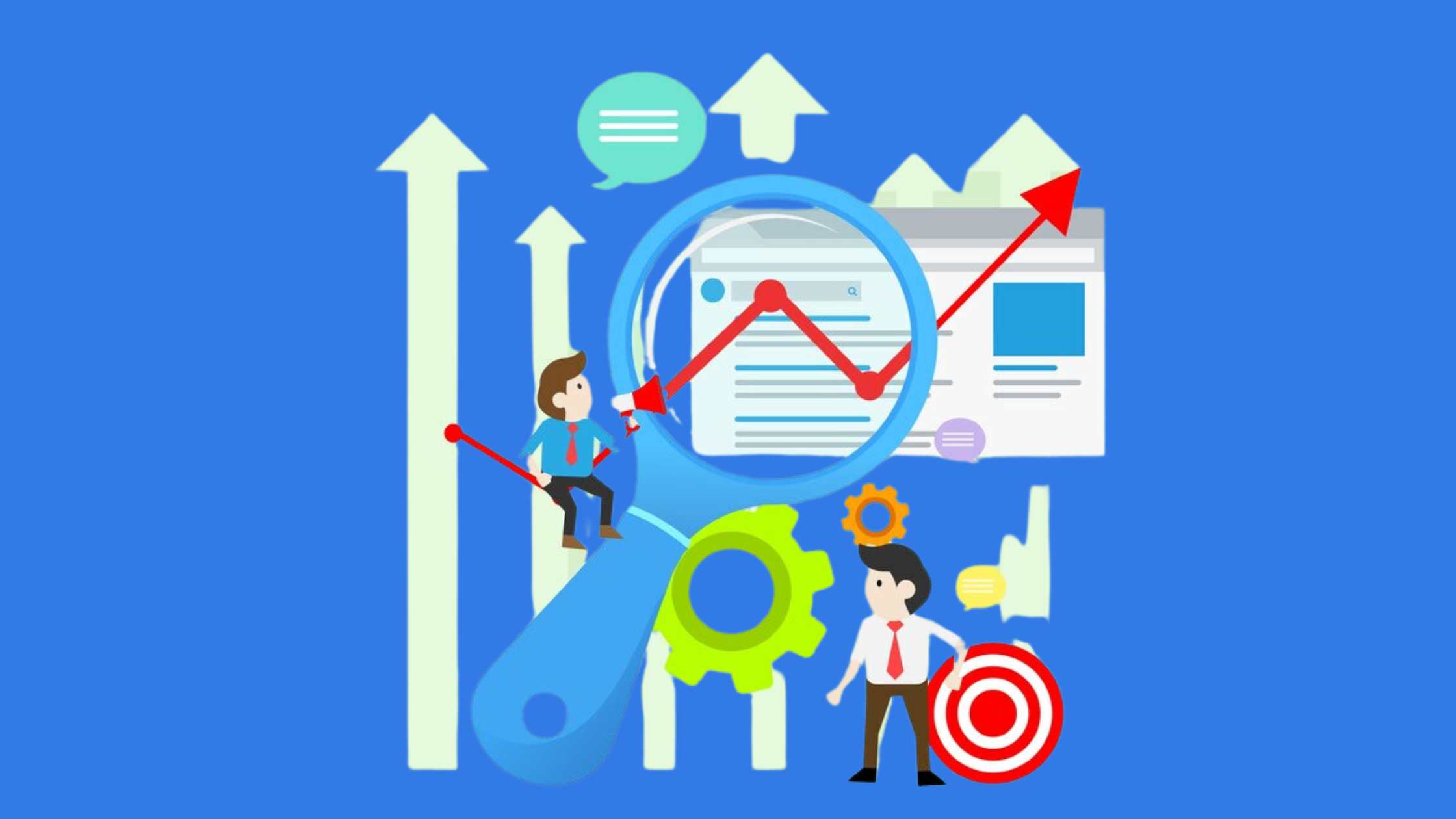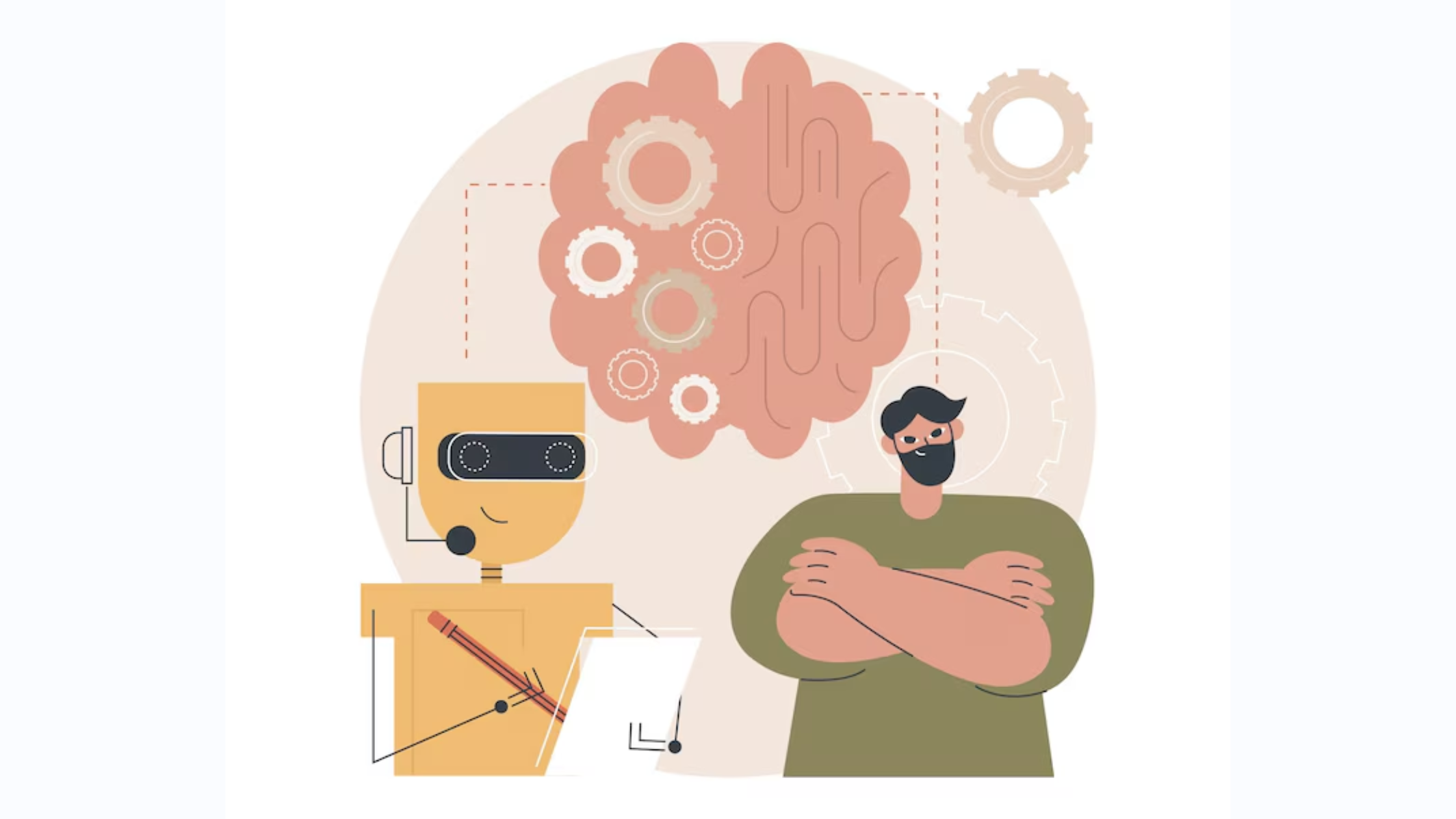MODIFIED ON: September 10, 2024 / ALIGNMINDS TECHNOLOGIES / 0 COMMENTS

In recent times, Generative AI has surged in popularity and revolutionized how businesses approach creativity and innovation. A recent study suggests that the emerging field could see a significant growth rate of 42% annually over the next decade.
But the question is – how do you maximize the utilization of Gen AI? Enter a trusted Generative AI partner! This blog will provide a comprehensive guide to choosing the ideal Generative AI collaborator to drive innovation and success for your business.
Before we delve into the tips, let’s first understand how generative AI is essential for modern businesses and why partnering with a generative AI company makes sense. Read on!
Why Generative AI is important for businesses
Did you know that three out of four professionals anticipate that Generative AI will bring about substantial or disruptive changes in how competition unfolds within their respective industries? 86% of IT leaders are of the view that Generative AI will soon take center stage in their organizations. In fact, according to a McKinsey report, 40 out of every 100 respondents indicate that their organizations plan to boost investments in AI due to advancements in Generative AI.
Here are some reasons behind its rising popularity:
Increases efficiency – Generative AI automates repetitive tasks and frees up valuable time for employees to focus on more strategic and creative endeavors. For instance, imagine a customer service scenario where AI-powered chatbots handle routine inquiries. This allows human agents to address complex issues requiring empathy and critical thinking.
Improves decision making – By analyzing vast amounts of data quickly and accurately, Gen AI enables businesses to make informed decisions. Let’s say there’s a retail company utilizing AI algorithms to analyze customer purchasing patterns and market trends. They are more likely to make informed and accurate decisions as they can tailor their product offerings and marketing strategies to meet consumer demands effectively.
Personalizes customer experiences – Gen AI facilitates personalized interactions with customers by understanding their preferences and behavior. For example, an e-commerce platform can utilize AI algorithms to recommend products based on past purchases and browsing history, enhancing the customer shopping experience and increasing sales conversion rates.

Reduces costs – Implementing Gen AI solutions can lead to significant cost savings for businesses through reduced labor expenses and increased operational efficiency. For instance, a manufacturing company can utilize AI-powered predictive maintenance systems to anticipate equipment failures and schedule maintenance proactively. This tends to minimize downtime and repair costs.
How Genertive AI partner solutions can help
A Gen AI partner plays a crucial role in accelerating the success of businesses. Here’s how:
Firstly, such a partner can offer deep domain knowledge and technical proficiency in Gen AI technologies and enable businesses to navigate complex challenges and identify the most suitable solutions for their specific needs. By leveraging their experience and insights, the partner can streamline the deployment of Gen AI initiatives and ensure efficient integration with existing systems and workflows. Additionally, a Gen AI partner can provide access to cutting-edge tools, platforms, and datasets that may not be readily available to businesses independently. This access enables organizations to harness the full potential of Gen AI technologies and explore opportunities for innovation and growth. Moreover, the partner can offer ongoing guidance and support to help businesses optimize and refine their Gen AI strategies over time. This ensures continuous improvement and maximum ROI.
How to choose the right Gen AI partner
1. Understand your gaps and needs
This involves a thorough examination of your organization’s objectives, technical requirements, and budget constraints concerning Generative AI integration. You need to perform a comprehensive analysis of current capabilities and identify areas where external expertise is necessary to achieve your goals effectively.
Begin by defining your objectives for integrating Generative AI into your business operations. Consider what you aim to achieve with Gen AI – whether it’s automating content generation, optimizing product design processes, or enhancing customer experiences. These objectives will serve as guiding principles throughout the partner selection process.
Next, assess your organization’s technical expertise and capabilities related to Generative AI. Identify areas where you lack the necessary skills or resources to implement Gen AI solutions effectively. This may involve evaluating your team’s proficiency in machine learning, natural language processing, or other relevant technologies.
Simultaneously, consider your budgetary constraints and resource limitations. Determine the financial resources available, including upfront investment and ongoing maintenance costs. Understanding your budget constraints will help you prioritize partner options that offer cost-effective solutions without compromising quality or functionality.
2. Thorough market research and comparison between different organizations
Every business has unique requirements and objectives when it comes to integrating Gen AI into its operations. Through market research and comparison, businesses can identify potential partners whose offerings closely align with their needs, ensuring a better fit for collaboration. Partnering with the wrong Gen AI provider can lead to various risks, including subpar solutions, security vulnerabilities, and inadequate support.By conducting comprehensive research and comparison, businesses can optimize their investment by selecting a partner that offers the best value proposition in terms of technology, security, pricing, and support.

Here’s what you need to do:
Technology Stack and Capabilities
Assess the partner’s technological infrastructure, including the tools, frameworks, and platforms they utilize for Gen AI development.
Evaluate the partner’s track record and expertise in developing Gen AI solutions relevant to the business’s industry and use cases.
Consider factors such as the scalability, flexibility, and innovation potential of the partner’s technology stack to ensure compatibility with future growth and evolving needs.
Data Security and Privacy
Investigate the partner’s data security protocols, including encryption standards, access controls, and compliance with industry regulations such as, GDPR, HIPAA.
Assess the partner’s approach to data privacy, including how they handle sensitive information, anonymize data, and protect user privacy rights.
Look for certifications, audits, and third-party assessments that validate the partner’s commitment to maintaining high standards of data security and privacy.
Pricing Models
Compare pricing models offered by different Gen AI partners, considering factors such as upfront costs, ongoing fees, and scalability options.
Evaluate the transparency and flexibility of pricing structures to ensure alignment with the business’s budgetary constraints and financial goals.
Beware of hidden costs or unexpected expenses that may arise during the partnership, and seek clarity on pricing terms and conditions upfront.
Customer Support
Examine the quality and responsiveness of customer support services offered by potential Gen AI partners.
Inquire about the partner’s availability for technical assistance, troubleshooting, and issue resolution, especially during critical stages of implementation and integration.
Seek references or testimonials from existing clients to gauge the partner’s reputation for customer satisfaction and post-project support.
3. Request trials/ demos
Requesting trials or demos from potential Gen AI partners is a critical step in the process of choosing the right partner. It allows you to gain firsthand experience with the partner’s solutions and assess your suitability for addressing specific needs and objectives.
Clearly outline the objectives and requirements for the trials or demos. Specify the use cases, desired outcomes, and key performance indicators that the Gen AI solutions should fulfill.
Work closely with the partner to customize trial scenarios that reflect real-world use cases relevant to your business. Tailor the demos to showcase how the Gen AI solutions can solve specific problems or enhance existing processes within your organization.
Allocate sufficient time and resources to participate actively in the trials or demos. Engage relevant stakeholders from different departments or functional areas to gather diverse perspectives and insights.
During and after the trials or demos, provide constructive feedback to the Gen AI partners. Highlight areas of strength, areas for improvement, and any concerns or questions that arise during the evaluation process.
4. Pilot programs and proof-of-concepts
Pilot programs involve implementing a Gen AI solution on a small scale within the business environment. This allows stakeholders to assess its performance, functionality, and impact in real-world scenarios. Proof-of-concepts (POCs) are focused experiments designed to validate the technical feasibility and potential benefits of a Gen AI solution. They typically involve a limited scope and duration to test specific hypotheses or functionalities.
Clearly define the objectives of the pilot program or POC. Determine what specific aspects of the Gen AI solution you want to test, such as its performance, functionality, scalability, or potential business impact. Establish measurable success criteria to evaluate the outcomes accurately.
Begin with a small-scale pilot program to minimize risks and investments. Select a limited scope or a specific use case that aligns with your business objectives. As you gain insights and confidence in the Gen AI solution, gradually scale up the implementation to broader areas or larger datasets.
Encourage open communication and collaboration with your Gen AI partner throughout the pilot program or POC. Involve their expertise in designing the implementation plan, selecting relevant metrics, and interpreting results. Leverage their insights to optimize the Gen AI solution and address any challenges that arise during the testing phase.
Collect comprehensive data during the pilot program or POC to evaluate the performance and impact of the Gen AI solution accurately. Gather both quantitative metrics, such as accuracy rates, processing times, and cost savings, and qualitative feedback from users or stakeholders regarding usability, satisfaction, and effectiveness.
Analyze the results systematically to assess the effectiveness of the Gen AI solution. Compare the observed outcomes against the predefined success criteria and identify areas of improvement or optimization. Iterate on the implementation based on the insights gained, refining algorithms, parameters, or workflows as necessary.
5. Post project support
After the successful completion of the Gen AI project, ongoing support from the partner becomes crucial for maintaining optimal performance and addressing any emerging issues.

Ensure that the Gen AI partner offers clear SLAs outlining the level of support provided, including response times for resolving issues and availability of technical assistance. These SLAs should align with your business needs and expectations.
Verify if the partner offers dedicated support channels, such as a helpdesk or ticketing system, for addressing post-project queries and issues. Having designated points of contact streamlines communication and ensures timely resolution of issues.
Confirm that the Gen AI partner provides regular maintenance updates and software patches to keep the solution up-to-date with the latest advancements and security protocols. This ensures continued reliability and compatibility with evolving technology standards.
Inquire about training programs or knowledge transfer sessions offered by the partner to empower your internal team in managing and maintaining the Gen AI solution independently. Access to relevant documentation and resources further facilitates skill development and troubleshooting.
Ensure that the post-project support services are scalable and adaptable to accommodate changes in your business environment or expansion of Gen AI usage. The partner should be responsive to your evolving needs and capable of scaling support resources accordingly.
Be on top of Gen AI adoption with AlignMinds
AlignMinds provides extensive consulting services for Generative AI, assisting businesses in comprehending, strategizing, and executing Gen AI strategies that are customized to suit their individual needs and goals. With a focus on tailoring Gen AI solutions to address the distinct demands of various industries, AlignMinds caters to clients across different regions, including the United States, Canada, and Australia. This approach ensures that Gen AI applications are precisely aligned with the unique business objectives and challenges prevalent in these geographic locations.
Initiate a conversation with us today to explore how Gen AI has the potential to transform your business.
Leave a reply
Your email address will not be published.
-
Recent Posts
- The Role of AI in Business Growth: Top Trends for 2025 and Beyond
- The Evolution of Voice Search in AI: What’s Next for 2025?
- How to Hire an AI Developer: A Complete Guide 2025
- Top 10 Android App Development Trends in 2025
- Top Trends in Product Modernization for 2025 and Beyond
-
Categories
- MVP Development (5)
- AlignMinds (56)
- Operating Systems (1)
- Android POS (3)
- Application Hosting (1)
- Artificial Intelligence (49)
- Big Data (2)
- Blockchain (1)
- Cloud Application Development (8)
- Software Development (39)
- Software Testing (9)
- Strategy & User Experience Design (4)
- Web Application Development (28)
- Cyber Security (6)
- Outsourcing (7)
- Programming Languages (3)
- DevOps (5)
- Software Designing (6)
- How to Code (4)
- Internet of Things (1)
- Machine Learning (2)
- Mobile App Marketing (5)
- Mobile Application Development (25)
- Mobile Applications (11)







